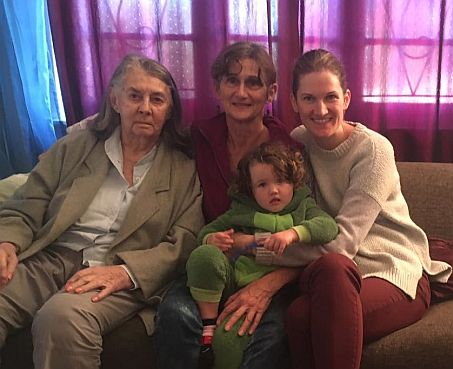|
So we confront it - he and I together. And now it's confronted. It's done. We've acknowledged it's there. We've moved on to the next thing. And now what can be done? And now where can financial support come from? These are the same questions I've asked for a long time, yet now I have a whole new, clear, open vista at which to look.
You've probably already noticed this yourself: we human beings don't respond well in a crisis. When I'm in crisis / threat mode, that's not when I'm thinking my clearest. The time to start considering financial options for aging parents is now before it becomes a crisis. I notice what I'm afraid of finding out is I can't provide all the support she needs. Where will the resources come from to provide financial support?
Perhaps the first step is to determine what resources aging parents have, and to arrange to manage them, should they become unable to. In this regard, ensuring someone close to them is granted durable power of attorney (allowing them to make legal decisions on their behalf) and durable power of attorney for health care (allowing them to make medical decisions on their behalf) is essential.
There are other matters he zeroes in on like a laser, which I've already considered and am now confronting again and re-evaluating. For example, as for decisions regarding the actual day-to-day provision of care itself, is it a better option to move aging parents into a live-in care facility? Or is it a better option for them to stay in their own home and opt for a full time caregiver instead? It's a choice between both compassion as well as what's affordable. Also (and arguably weighted with high importance), what do they want? What are their wishes, their preferences in the matter? Is it possible (and practical) to provide them with what they want? And if it isn't possible or practical, that must also be confronted - not from guilt but from what's so. Guilty feelings have no bearing here whatsoever. They only get in the way.
